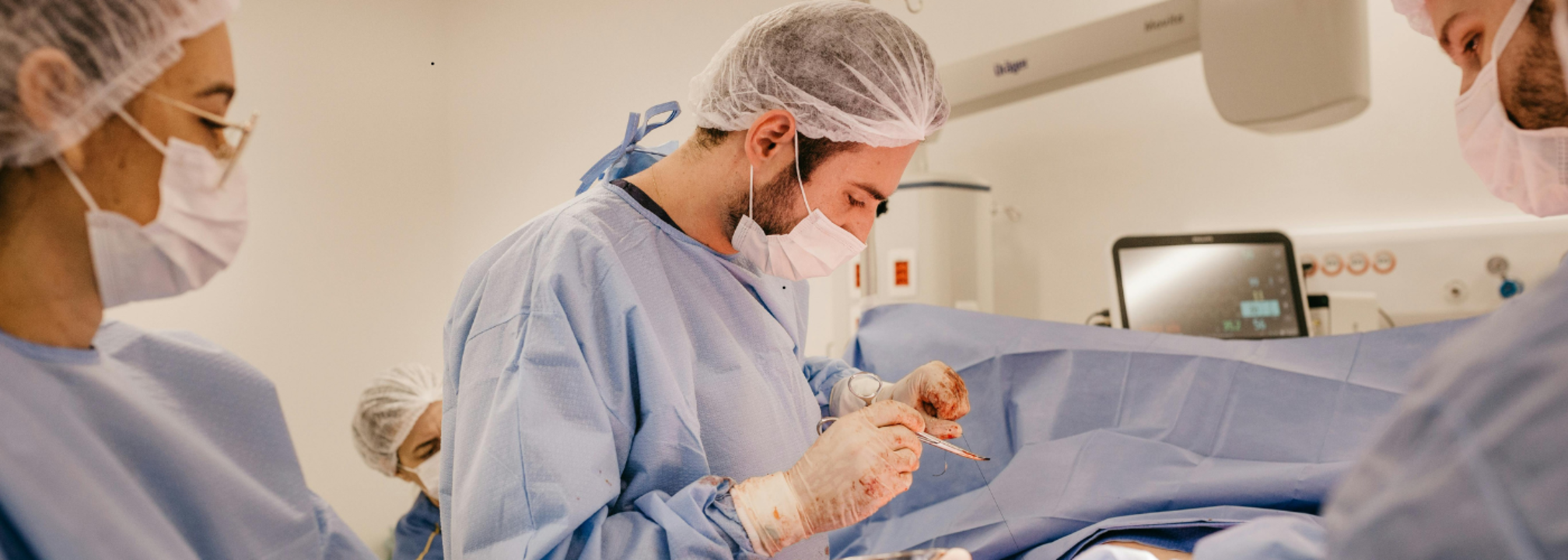This Year, Doctor's Day Reminded That Doctors Too Are Humans And Can Get Emotionally Exhausted

Credits: Canva
SummaryThis Doctor’s Day highlighted the urgent need to support doctors’ mental health. A survey revealed rising burnout, blurred personal boundaries, constant digital demands, and growing fears of violence—all contributing to chronic stress and emotional exhaustion in the medical community.
End of Article
